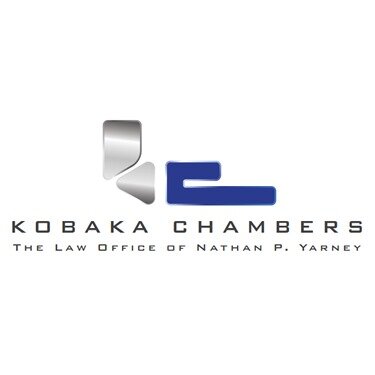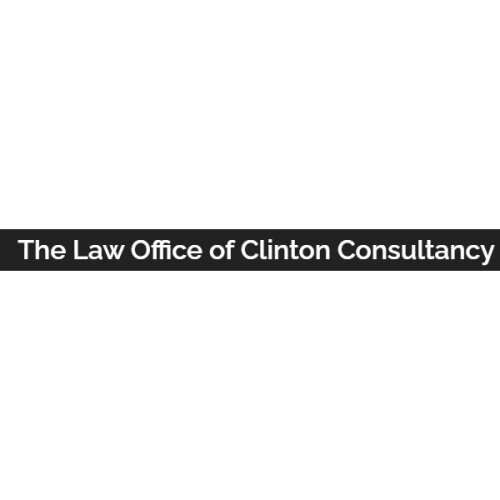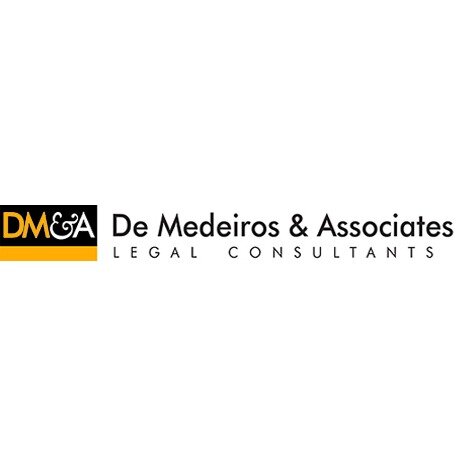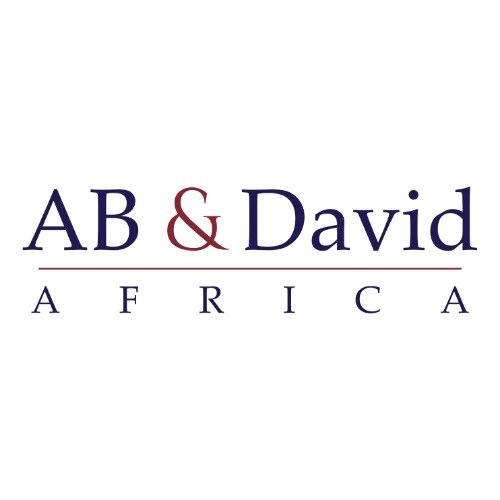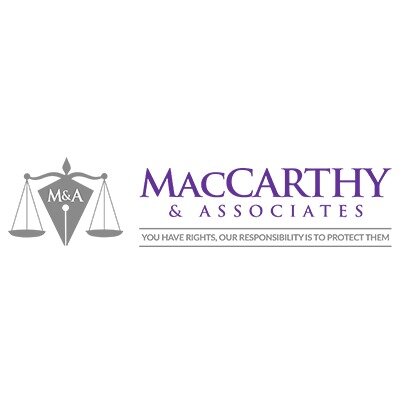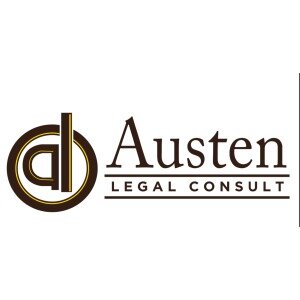Best Oil, Gas & Energy Lawyers in Accra
Share your needs with us, get contacted by law firms.
Free. Takes 2 min.
List of the best lawyers in Accra, Ghana
About Oil, Gas & Energy Law in Accra, Ghana
The legal framework governing Oil, Gas & Energy Law in Accra, Ghana, is an intricate part of the country's regulatory environment designed to oversee the exploration, production, distribution, and commercialization of oil, gas, and energy resources. Ghana’s oil and gas industry has experienced significant growth since the discovery of the Jubilee field in 2007. The energy sector in Ghana is also diversified with initiatives in power generation, including renewable energy sources, which are increasingly becoming a focus for sustainable development.
Why You May Need a Lawyer
Legal assistance may be required in a variety of situations within the Oil, Gas & Energy sector. Companies and individuals may need a lawyer for negotiating contracts and agreements, ensuring regulatory compliance, handling disputes or litigation, obtaining licenses and permits, and offering advice on tax implications and environmental concerns. Lawyers are also crucial for navigating land rights issues, as well as dealing with mergers, acquisitions, and divestitures in the sector.
Local Laws Overview
Several key legislations govern the Oil, Gas & Energy sector in Ghana. The Petroleum (Exploration and Production) Act, 2016 (Act 919) and its associated regulations manage petroleum exploration and production. The Ghana National Petroleum Corporation (GNPC) is the state agency responsible for the exploration, licensing, and distribution of petroleum-related activities. Additionally, the Energy Commission Act, 1997 (Act 541) established the Energy Commission responsible for regulating and managing the development and utilization of energy resources in Ghana. The Public Utilities Regulatory Commission (PURC) also regulates the utility industries including electricity and water. Local content and participation are also highly encouraged and regulated to ensure that Ghanaians benefit substantially from the sector.
Frequently Asked Questions
What is the role of GNPC in Ghana's oil and gas industry?
GNPC is responsible for the exploration, licensing, and development of petroleum resources in Ghana. It represents the government's commercial interests in the industry and partners with private and international companies in upstream activities.
Can foreign companies engage in Oil, Gas & Energy projects in Ghana?
Yes, foreign companies are permitted to engage in oil, gas, and energy projects in Ghana. However, they must partner with local companies as per the local content and participation policies, and comply with the regulatory framework in place.
What is the significance of local content in Ghana?
Local content policies ensure that the benefits of the oil, gas, and energy sectors are maximized for the Ghanaian economy. This includes job creation, the use of local goods and services, and the development of local capabilities.
Are there any specific environmental regulations pertaining to the industry?
Yes, companies operating in the sector must adhere to Ghana’s environmental laws, including obtaining the necessary permits and conducting environmental impact assessments as regulated by the Environmental Protection Agency (EPA).
What types of contracts are common in the oil and gas industry?
Common contracts include concession agreements, production sharing agreements, and service contracts. Every agreement type governs different aspects of exploration, production, and profit-sharing arrangements.
How are disputes in the oil and gas sector resolved?
Disputes are often resolved through arbitration, as stipulated in the contracts. However, litigation in courts is also a possible avenue for dispute resolution. The Arbitration Act, 2010 (Act 798) governs the arbitration process in Ghana.
What is the role of the Energy Commission?
The Energy Commission is tasked with regulating and managing the development and utilization of energy resources in Ghana. It also advises the government on energy planning and policy.
Are there opportunities for renewable energy development in Ghana?
Yes, Ghana actively promotes renewable energy development, with policies favoring solar, wind, and hydroelectric power investments, among others, to diversify its energy mix and ensure sustainability.
Do oil and gas activities in Ghana come with any tax incentives?
Ghana offers certain tax incentives to companies investing in the oil and gas sector, aimed at encouraging investments and development of the industry. However, the specifics may vary and require thorough consultation with a legal expert.
How can I acquire a license for oil and gas exploration in Ghana?
To acquire a license for exploitation or exploration, companies must apply through the Petroleum Commission following detailed regulations in the sector. Legal counsel is often necessary to navigate the process.
Additional Resources
Those seeking additional information or legal advice in the Oil, Gas & Energy sector can refer to the Ghana National Petroleum Corporation (GNPC), the Energy Commission of Ghana, the Petroleum Commission of Ghana, and the Public Utilities Regulatory Commission (PURC). Furthermore, the Environmental Protection Agency (EPA) provides guidelines on environmental compliance. For legal frameworks, the Ghana Legal Information Institute (GhaLII) offers access to legal documents and laws pertinent to the industry.
Next Steps
If you need legal assistance in Oil, Gas & Energy in Accra, Ghana, consider the following steps: Identify a lawyer or legal firm with expertise in the sector, gather all necessary documentation, such as contracts, agreements, or business plans, and schedule a consultation to discuss your legal needs and objectives. It’s important to choose legal representation familiar with the industry's intricacies and Ghanaian laws to efficiently navigate your legal concerns.
Lawzana helps you find the best lawyers and law firms in Accra through a curated and pre-screened list of qualified legal professionals. Our platform offers rankings and detailed profiles of attorneys and law firms, allowing you to compare based on practice areas, including Oil, Gas & Energy, experience, and client feedback.
Each profile includes a description of the firm's areas of practice, client reviews, team members and partners, year of establishment, spoken languages, office locations, contact information, social media presence, and any published articles or resources. Most firms on our platform speak English and are experienced in both local and international legal matters.
Get a quote from top-rated law firms in Accra, Ghana — quickly, securely, and without unnecessary hassle.
Disclaimer:
The information provided on this page is for general informational purposes only and does not constitute legal advice. While we strive to ensure the accuracy and relevance of the content, legal information may change over time, and interpretations of the law can vary. You should always consult with a qualified legal professional for advice specific to your situation.
We disclaim all liability for actions taken or not taken based on the content of this page. If you believe any information is incorrect or outdated, please contact us, and we will review and update it where appropriate.




